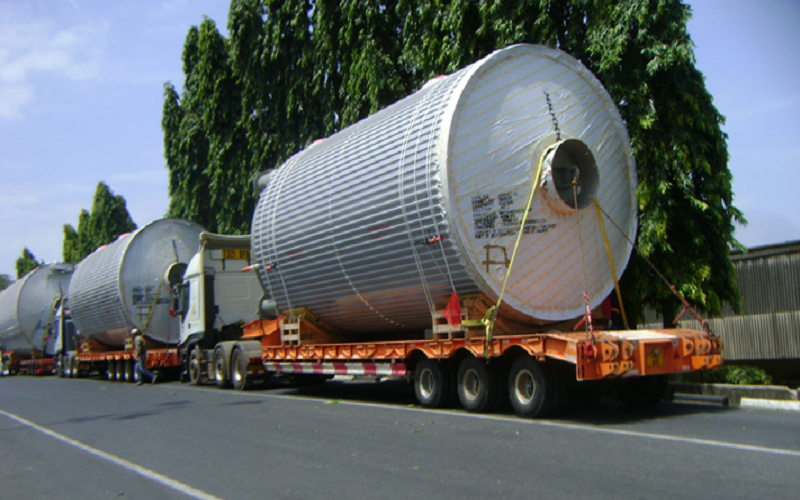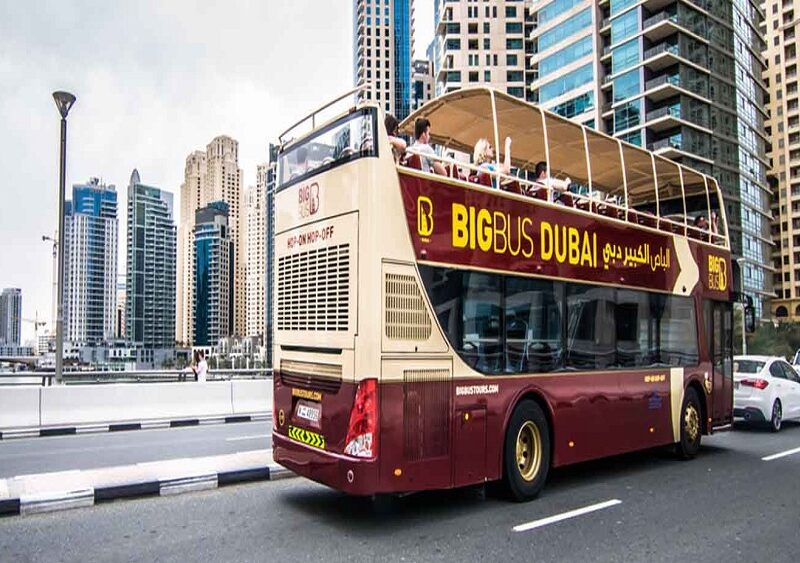Delivering substantial equipment, plant components or bulky vehicles inside Britain or from overseas ports relies on project cargo services specialising in unconventional freight transport. While sharing similarities with general haulage, honed expertise across dimensions/weight analysis, availability management and route planning proves essential when moving oversized and overweight cargo with unique requirements.
Mastering core competencies allows seamless orchestration across land, air and sea conduits despite outsized challenges. This overview unpacks key concepts so stakeholders can critically distinguish project cargo carriers against standard trucking providers. Consider it Project Cargo 101 crash coursework for infrastructure and renewables sectors with super-sized needs.
Defining Project Cargo and Why It Differs
Any bulky, heavy or awkward cargo requiring special handling exemptions or transport preparations is classified as project freight, although some countries set weight thresholds over which regulations mandate expert carriers. Typical examples range from industrial equipment, generators and turbines to boats, aircraft fuselages and mobile offshore units.
Sturdy timber skids often support irregular shapes needing cradles while flatracks or mafis allow grouped truck deliveries. Meanwhile, open-top containers suit smaller or more weather-sensitive goods for partial protection. Much depends on cargo characteristics and security requirements during passages.
However, wide, long or excessively tall/heavy cargo cannot sit securely inside standard containers. Such unwieldy dimensions require detouring normal routes to reach suitable ports and roads. Project cargo services specialise in these niche freight forwarding challenges that standard haulage cannot safely accommodate due to infrastructure mismatches.
Route Surveys Establish Feasibility
Unlike regular truck deliveries, project cargo requires extensive pre-transit route surveys and contingency planning for seamless point-to-point movements before contracts finalise. This allows carriers to preemptively resolve any width, height or weight restrictions across chosen paths well in advance of transport dates.
Route planners assess prospective staging areas plus identify locations enabling safe overnight load transfers when direct journeys prove impossible. Engineers may further gauge temporary ground reinforcement needs if soil conditions seem unreliable for supporting confirmed weights at certain stops.
Sophisticated carriers utilise satellite and street footage to remotely preview chosen routes before dispatch rather than solely relying on existing maps with limited accuracy. This allows dynamic risk calibration and tooling adjustments as needed when previously unnoticed overpasses, weak bridges or narrow segments appear during scoping.
Securing Transport Permits Takes Time
Oversize cargo requires special authority permissions when exceeding standard road regulations to avoid violations or damage across busy infrastructure. Project cargo services in the UK therefore submit detailed haulage applications to central and local agencies seeking one-time safety dispensations.
Depending on category, weight and completed route surveys, officials either approve, restrict or refuse transport permits to balance public mobility against freight efficacy. However well-evidenced mitigation explanations regarding timings, controls and contingency alternatives help overcome common objections during submissions.
Timelines spanning days or weeks for securing licenses means shippers should engage carriers months ahead of proposed haulage dates. This allows sufficient administrative leeway should initial routes get rejected, necessitating replanning. Starting permit processes early is paramount for overcoming unforeseen delays.
Specialist Equipment and Crews Take Point
Finally, dedicated project cargo trucks, trailers and ancillary hardware help expert providers securely transport loads that other hauliers cannot handle. Radio-coordinated convoy escorts further minimise disruption across busy junctions and communities when required.
Highly skilled engineering crews use reinforced spreader bars, modular trailers and hydraulic suspensions for stabilising unwieldy items during cargo transfers or positioning. This professional handling prevents accidents, contains disruption and satisfies insurance requirements when transiting unusual freight.
Conclusion
From expansive route surveys and hard-won permits enabling feasible passage to customised stabilise vehicles operated by specialist handling crews, project cargo requires systemic mastery across logistics frontiers breaching typical freight conventions. Thankfully, UK forwarders continue pioneering robust solutions that allow critical infrastructure equipment and component imports vital for national development.



